On Sunday night, The New York Times revealed that in January, Donald Trump's lawyers wrote an extensive and remarkably candid letter to Robert Mueller's team arguing that Trump has extensive pardon powers, including, perhaps, of himself.
In the letter they wrote:
It remains our position that the President’s actions here, by virtue of his position as the chief law enforcement officer, could neither constitutionally nor legally constitute obstruction because that would amount to him obstructing himself, and that he could, if he wished, terminate the inquiry, or even exercise his power to pardon if he so desired.
The Times's own analysis of this line states:
But the sentence may also leave open the possibility that he could order the obstruction investigation into himself shut down or even pardon himself.
An analysis that was confirmed by Trump himself in a tweet this morning in which he claimed to have the "absolute right to pardon himself."
There is actually quite a bit of disagreement in legal circles about whether the president may extend his pardon powers to himself.
Twitter certainly wasted no time in sounding off against the President's tweet:
Experts weighed in:
Former District Attorney Preet Bharara dared Trump:
And historian Michael Bechloss weighed in with a subtweet, shortly after Trump's tweet:


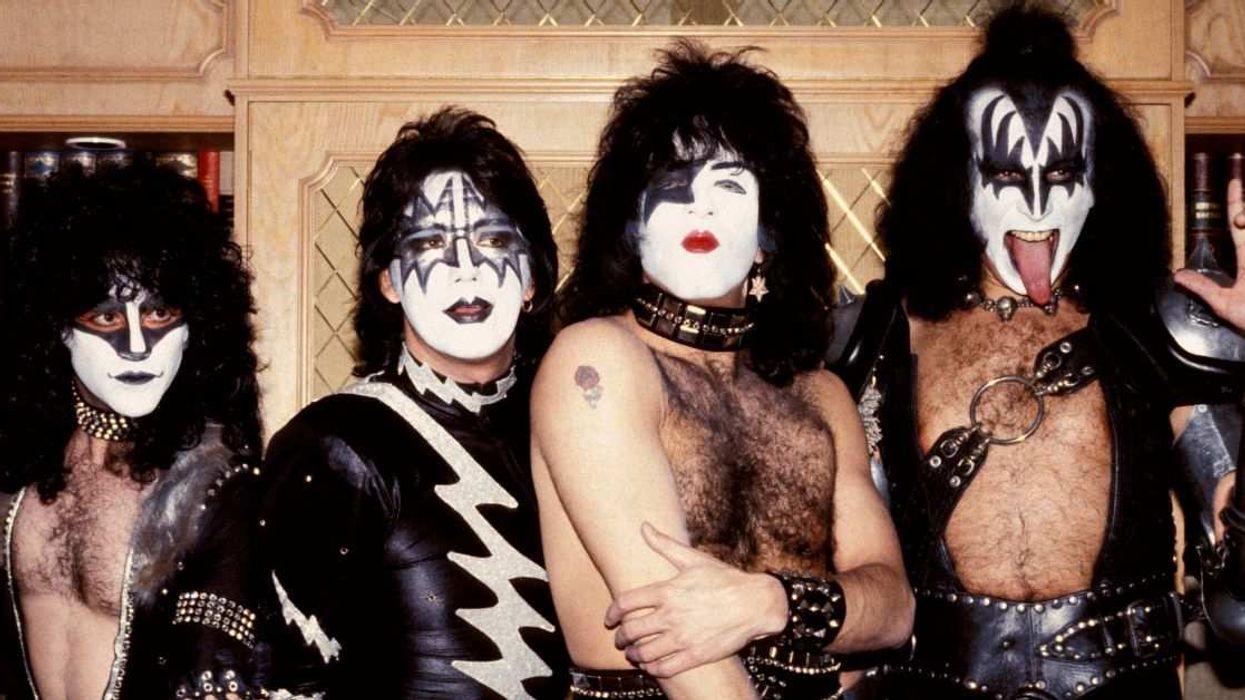

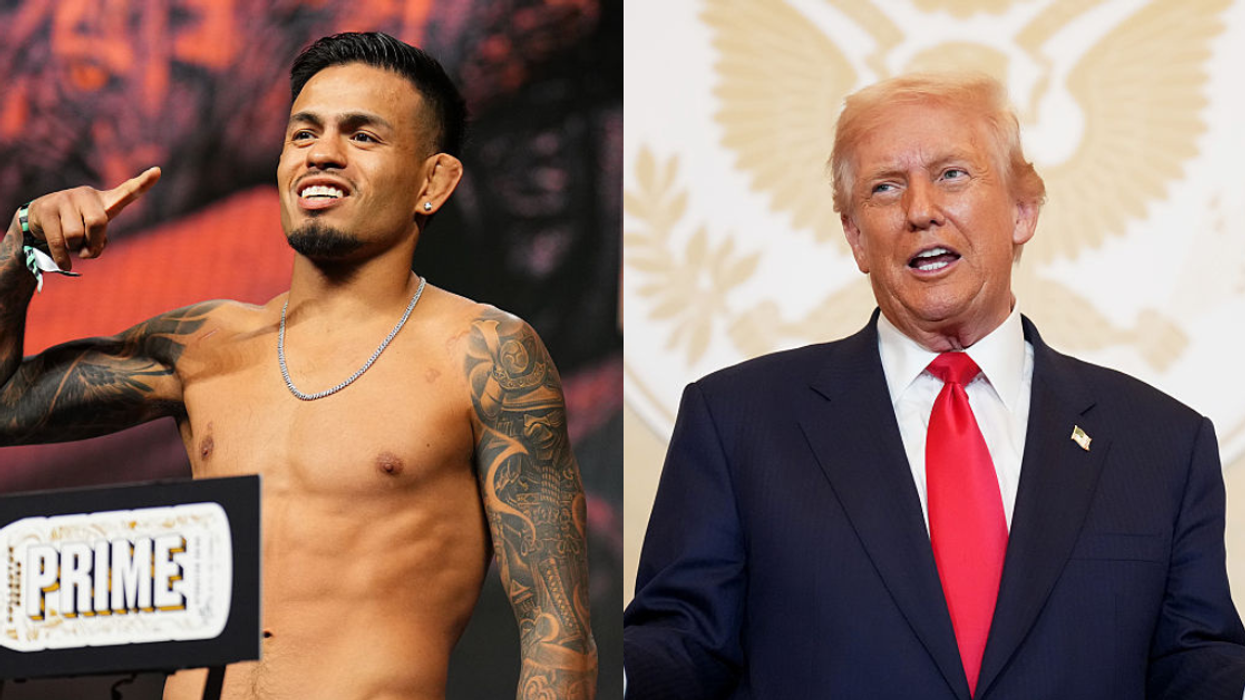
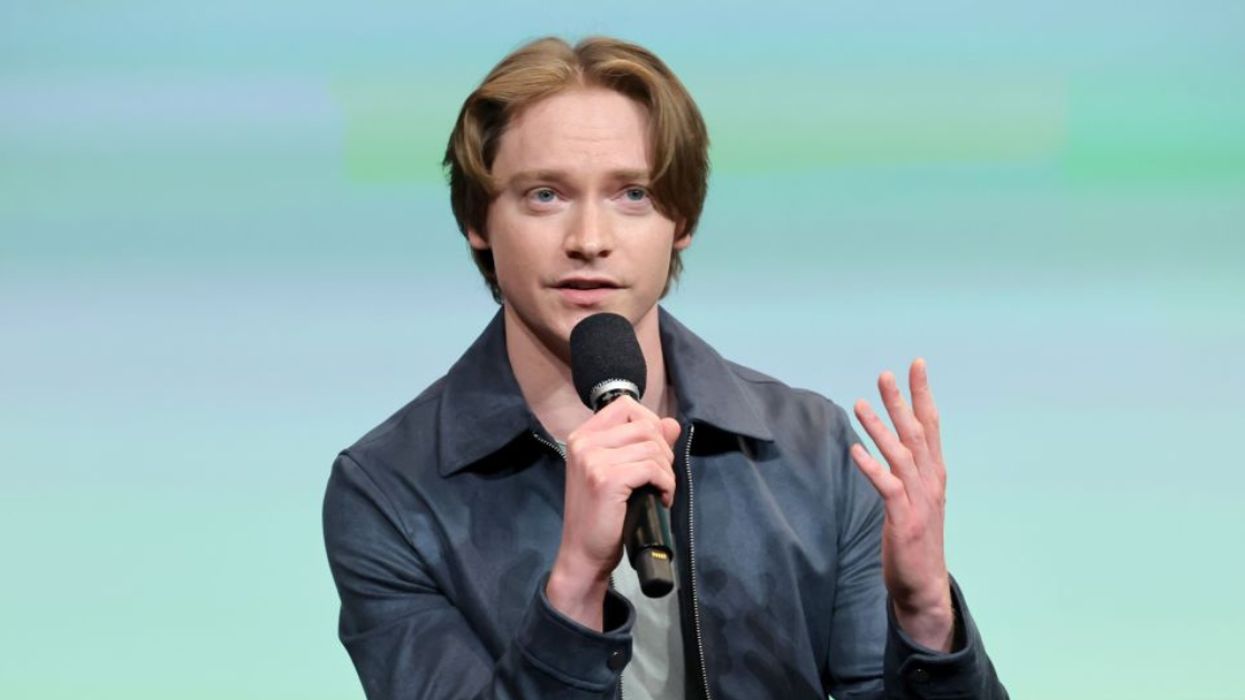

 @josephtafur/YouTube
@josephtafur/YouTube @classicmovielover4056/YouTube
@classicmovielover4056/YouTube @FREELUIGI89/YouTube
@FREELUIGI89/YouTube @lnl3237/YouTube
@lnl3237/YouTube @carolynturk-hu7je/YouTube
@carolynturk-hu7je/YouTube @trayshana/YouTube
@trayshana/YouTube @BelieverinChrist-q3l/YouTube
@BelieverinChrist-q3l/YouTube @AprilGoddess1/YouTube
@AprilGoddess1/YouTube @EmilioBello-q6k/YouTube
@EmilioBello-q6k/YouTube @ericdudley9925/YouTube
@ericdudley9925/YouTube @johnnolan5579/YouTube
@johnnolan5579/YouTube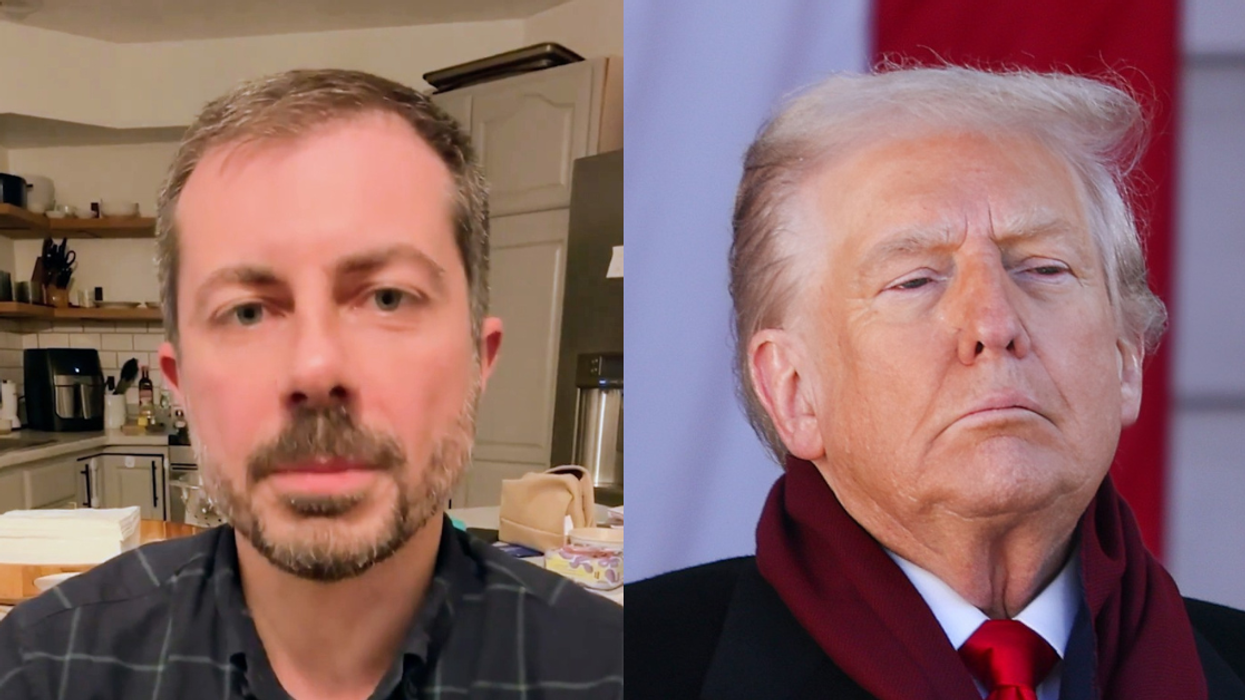
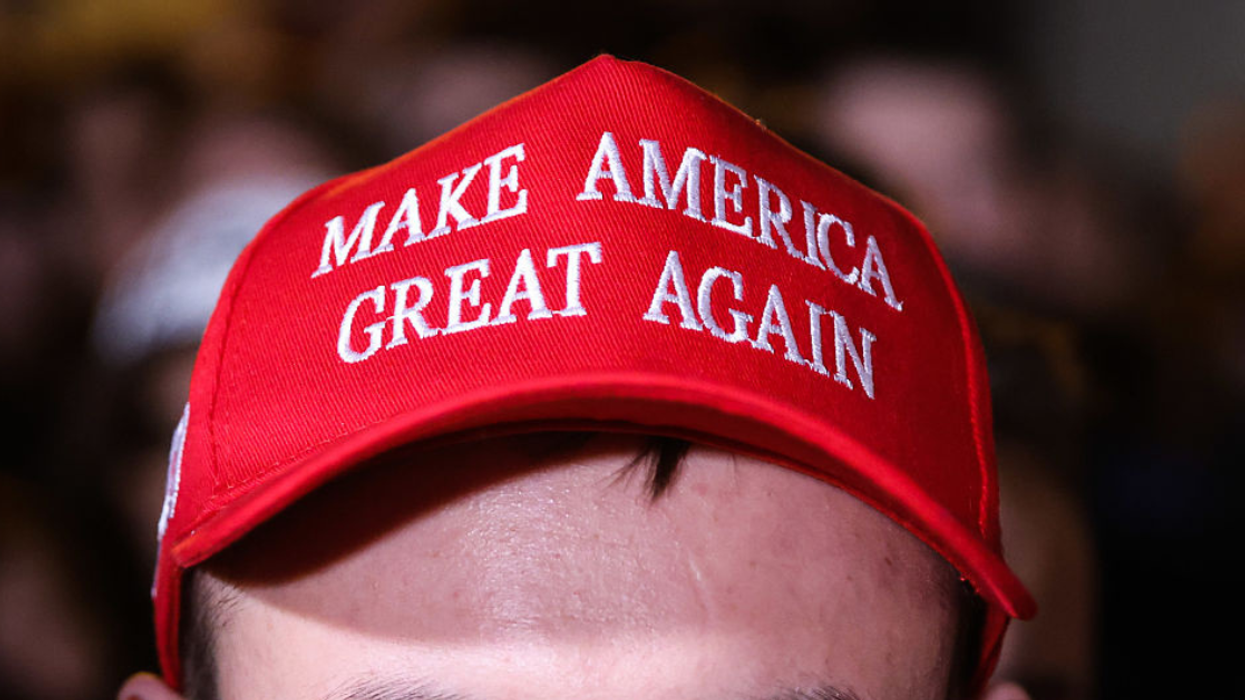
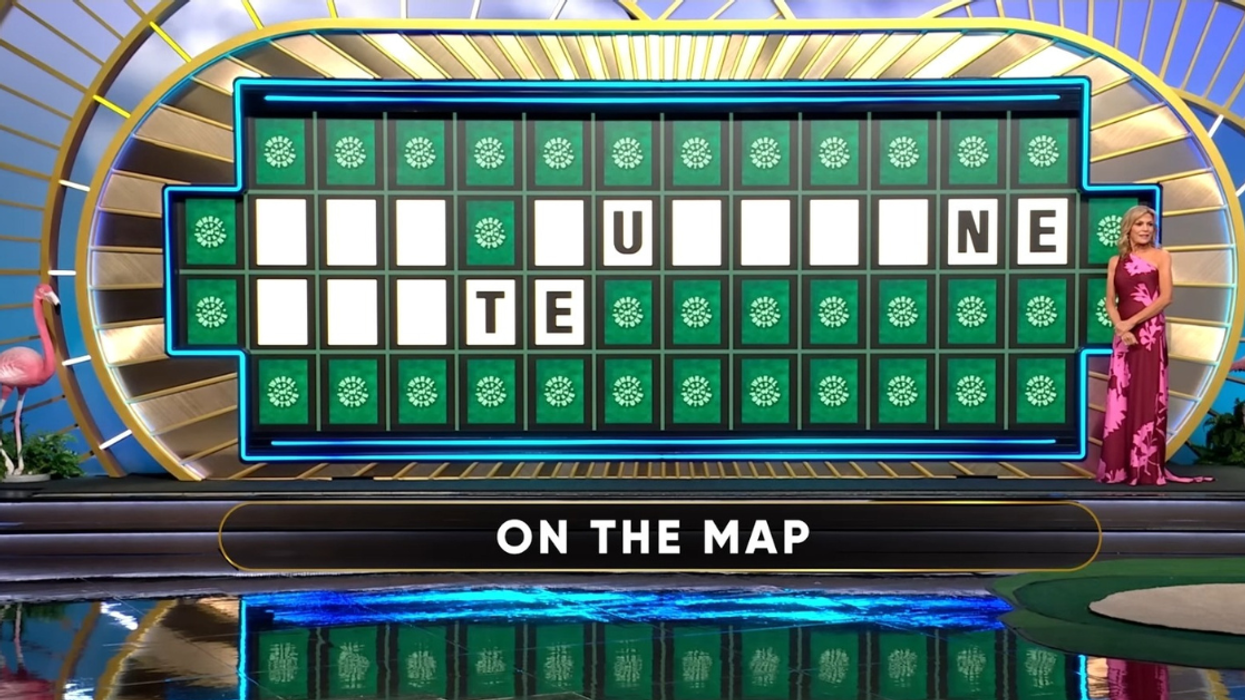

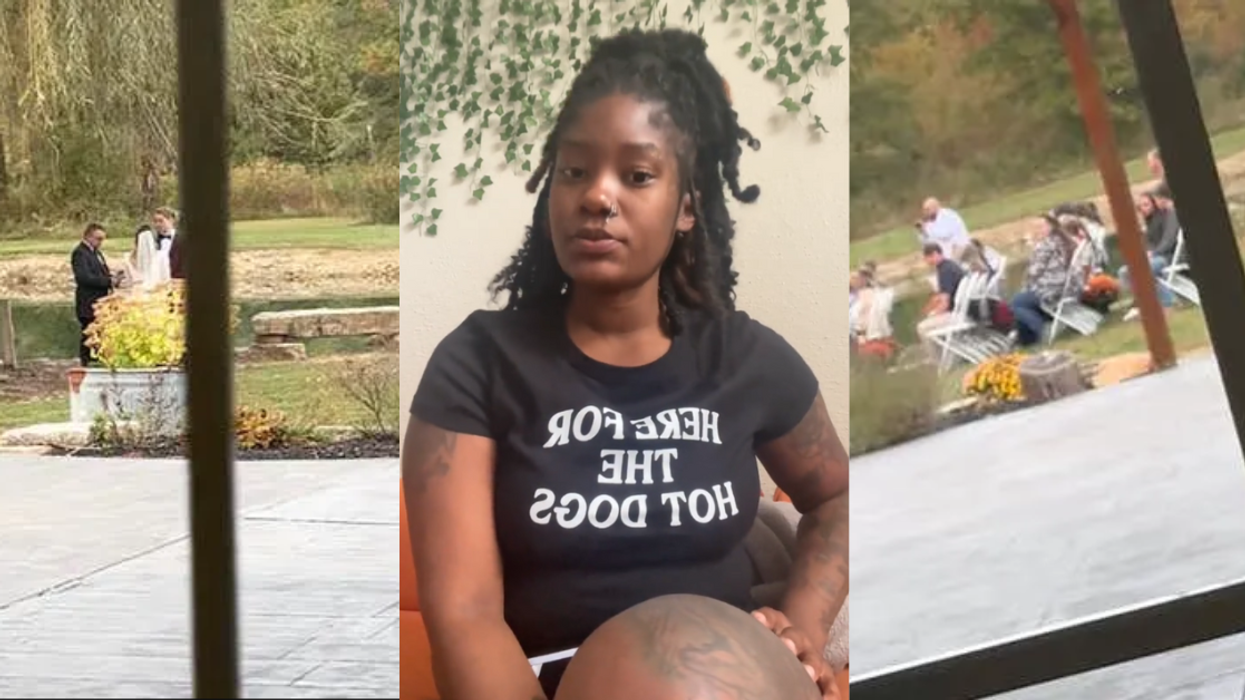
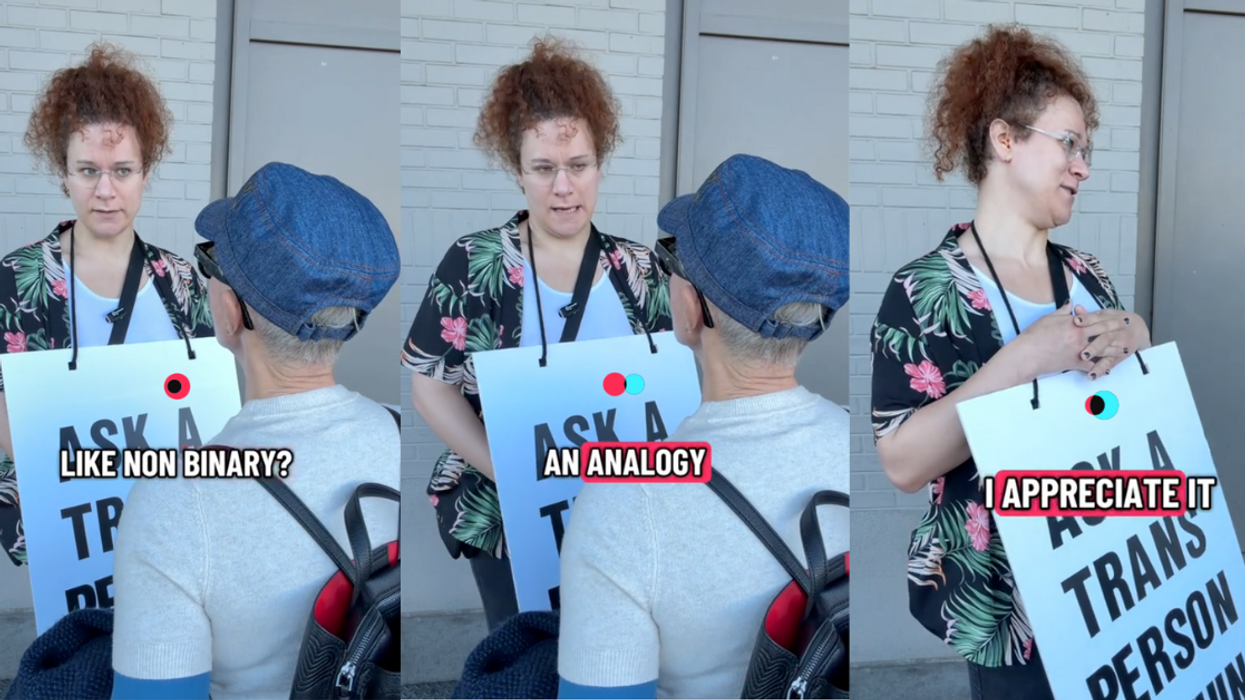
 @annapatterson575/TikTok
@annapatterson575/TikTok @princessjilliebean/TikTok
@princessjilliebean/TikTok @ashwilliams1124/TikTok
@ashwilliams1124/TikTok @wiebkerelli/TikTok
@wiebkerelli/TikTok @0xenbury/TikTok
@0xenbury/TikTok @jo_darcy/TikTok
@jo_darcy/TikTok @bdaz33/TikTok
@bdaz33/TikTok @akuavamp/TikTok
@akuavamp/TikTok @paulstanbrook/TikTok
@paulstanbrook/TikTok @joeinprogress/TikTok
@joeinprogress/TikTok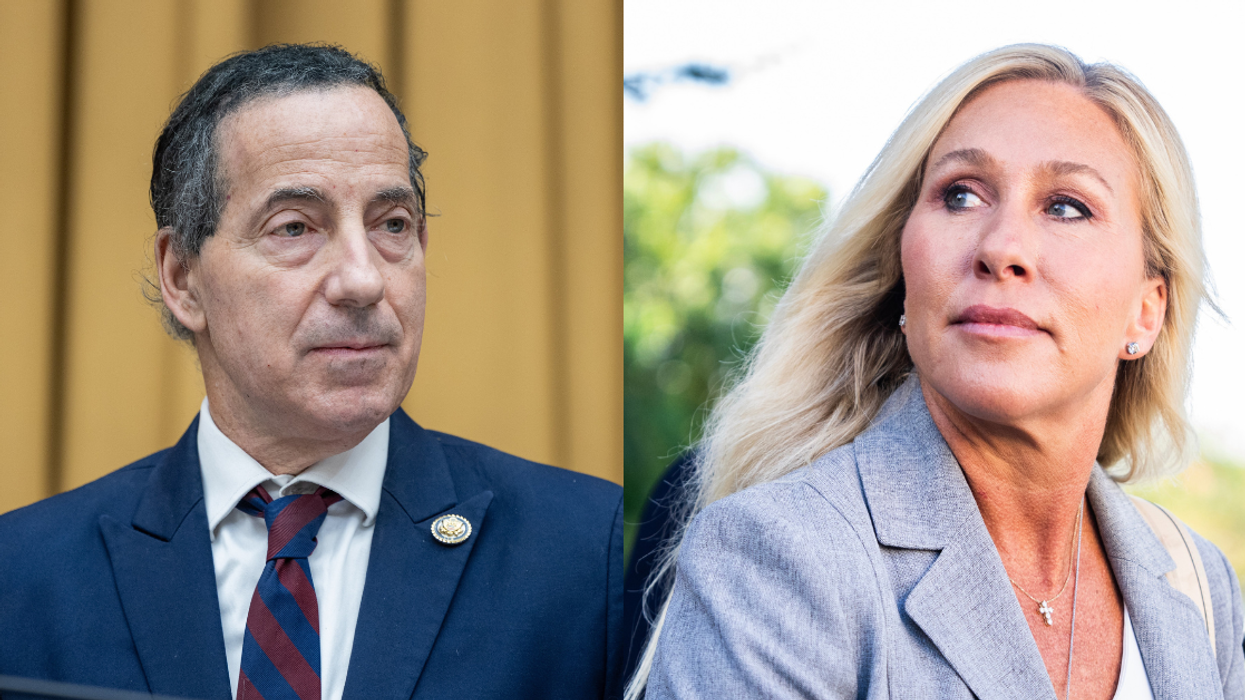
 @TrinityMustache/X
@TrinityMustache/X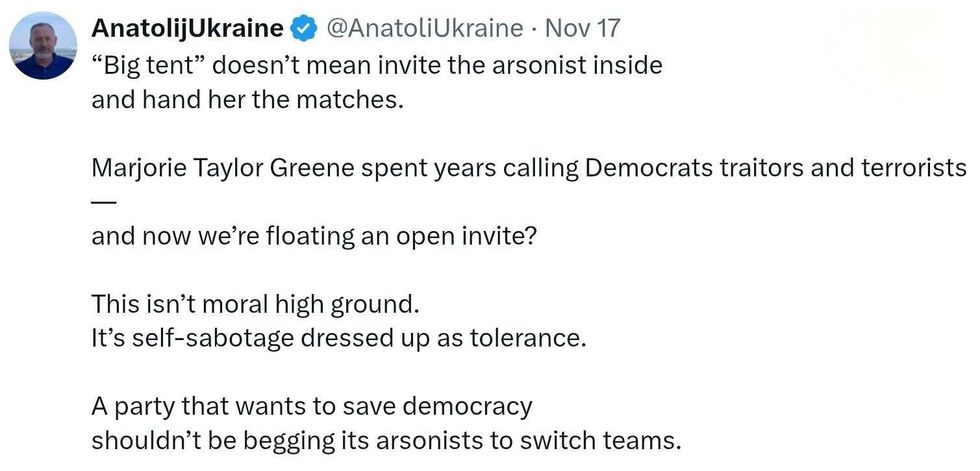 @AnatoliUkraine/X
@AnatoliUkraine/X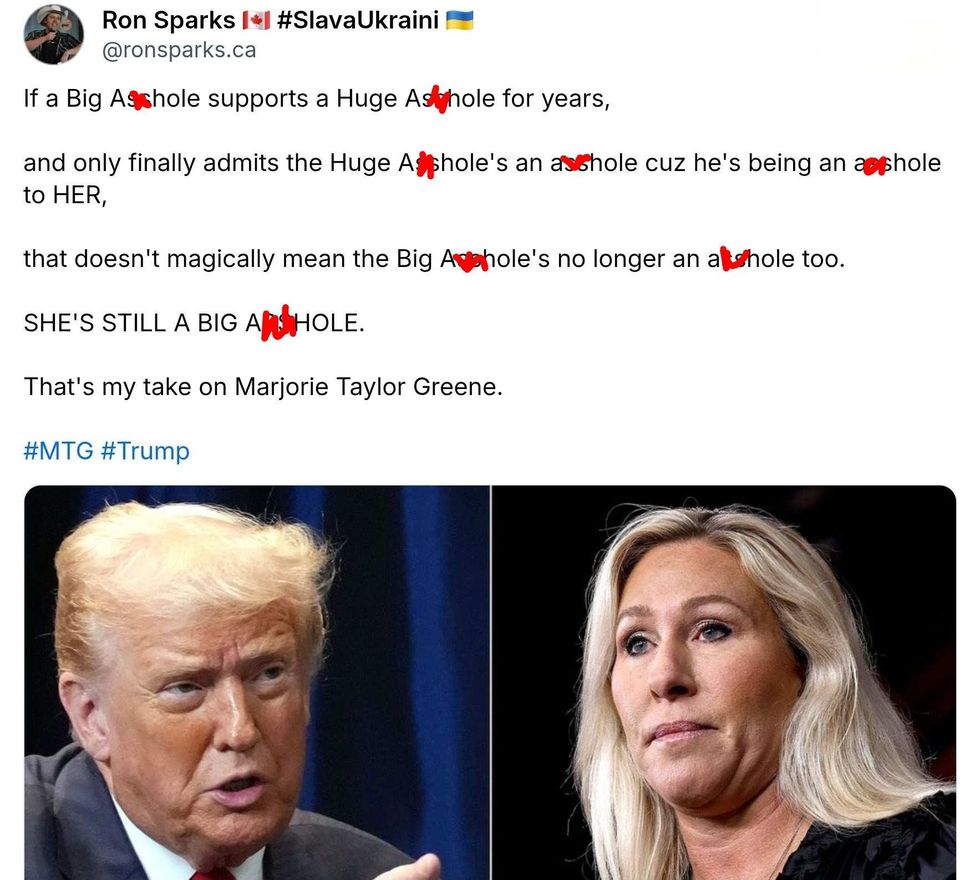 @ronsparks.ca/Bluesky
@ronsparks.ca/Bluesky @sycamoressource/X
@sycamoressource/X @Stephen52534304/X
@Stephen52534304/X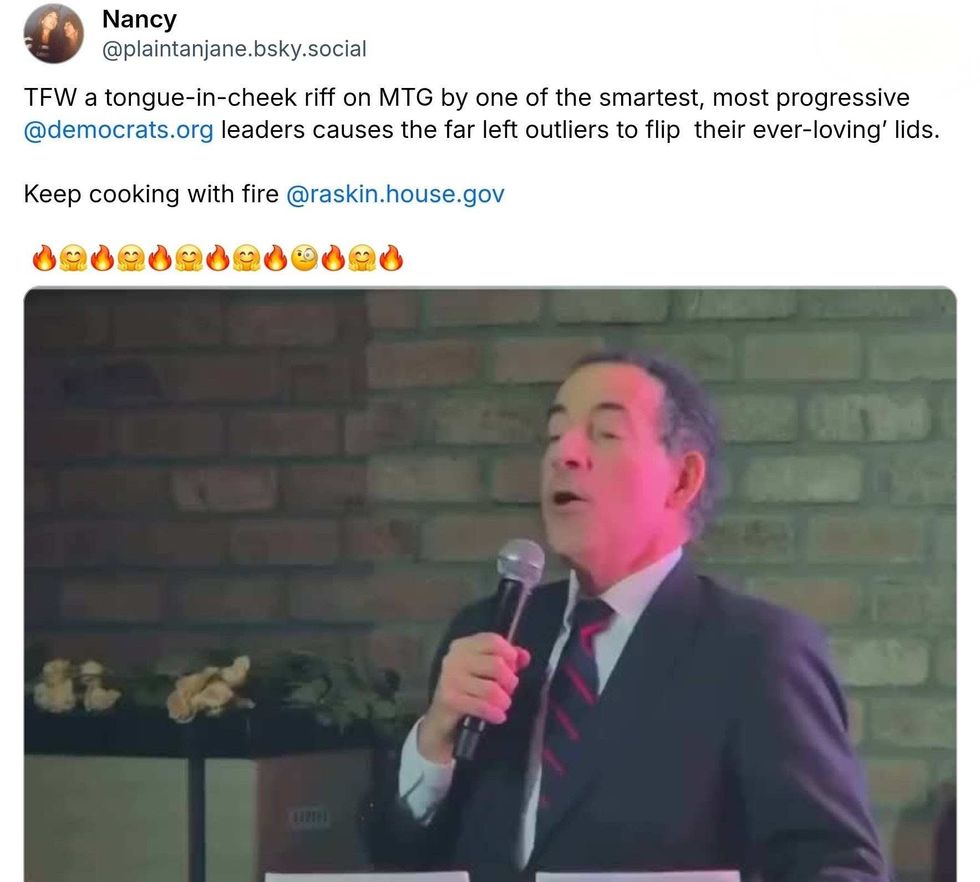 @plaintanjane/Bluesky
@plaintanjane/Bluesky @alycemiller/Bluesky
@alycemiller/Bluesky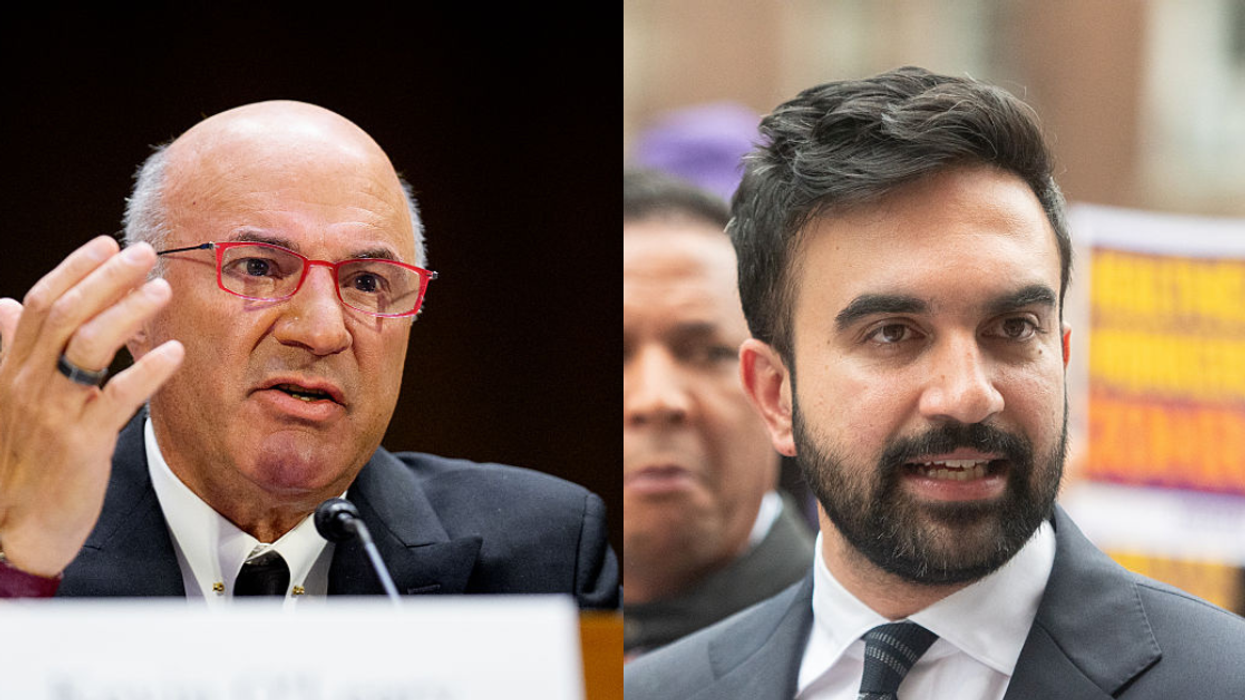
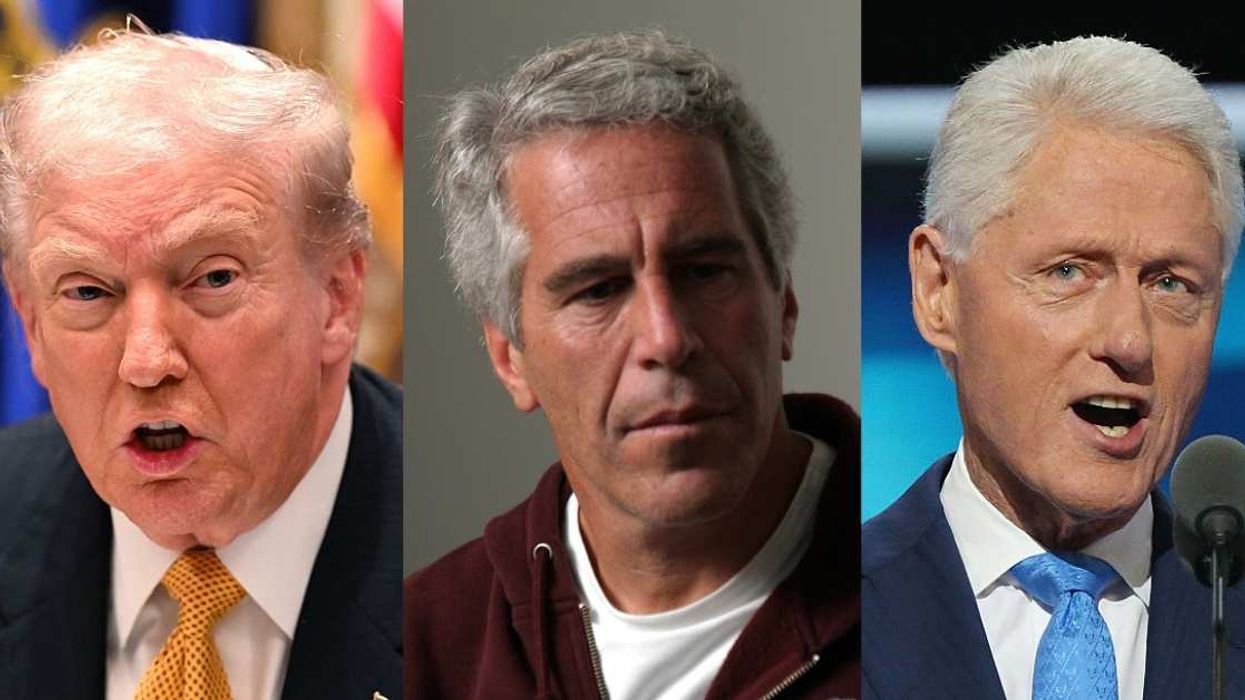
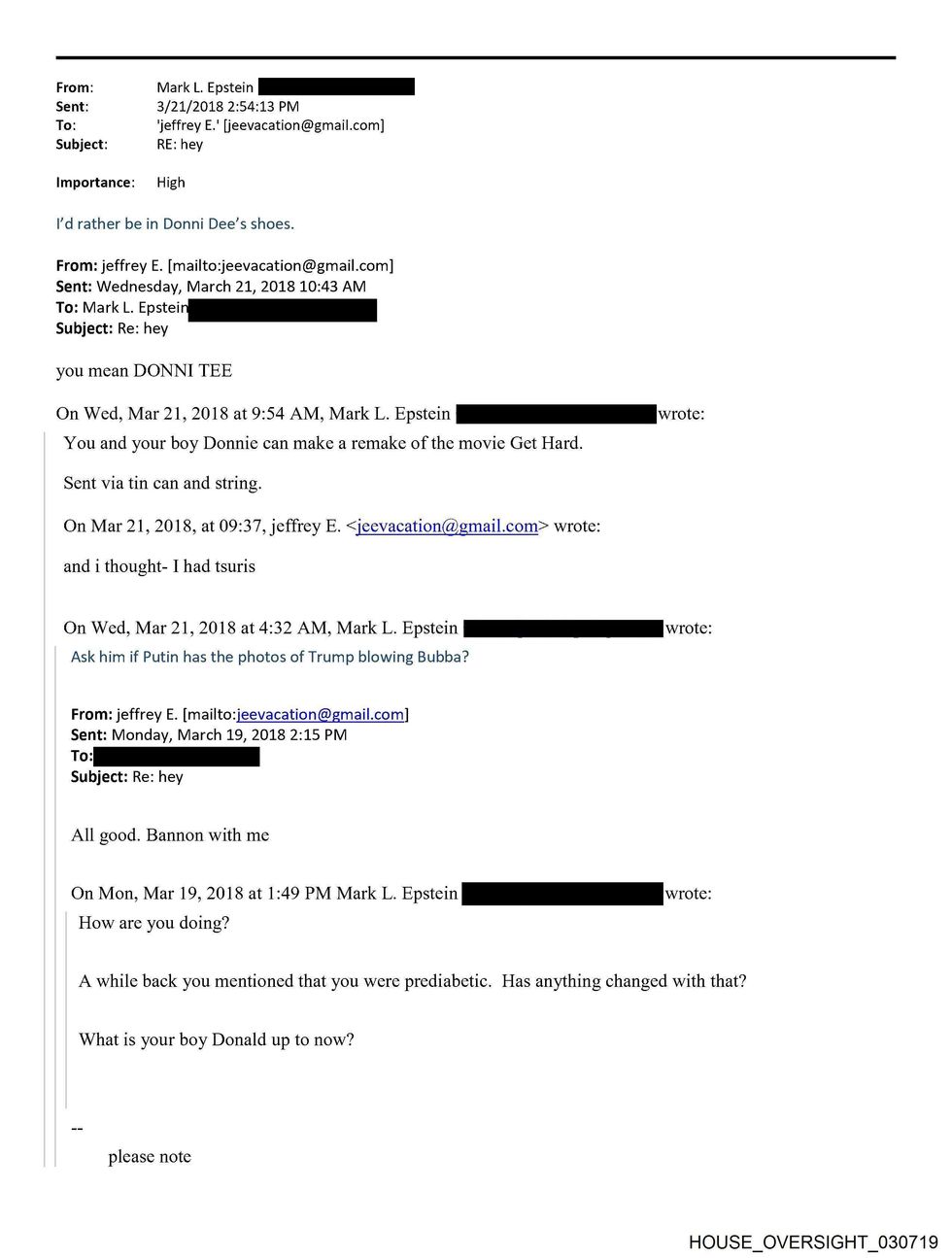 House Oversight Committee
House Oversight Committee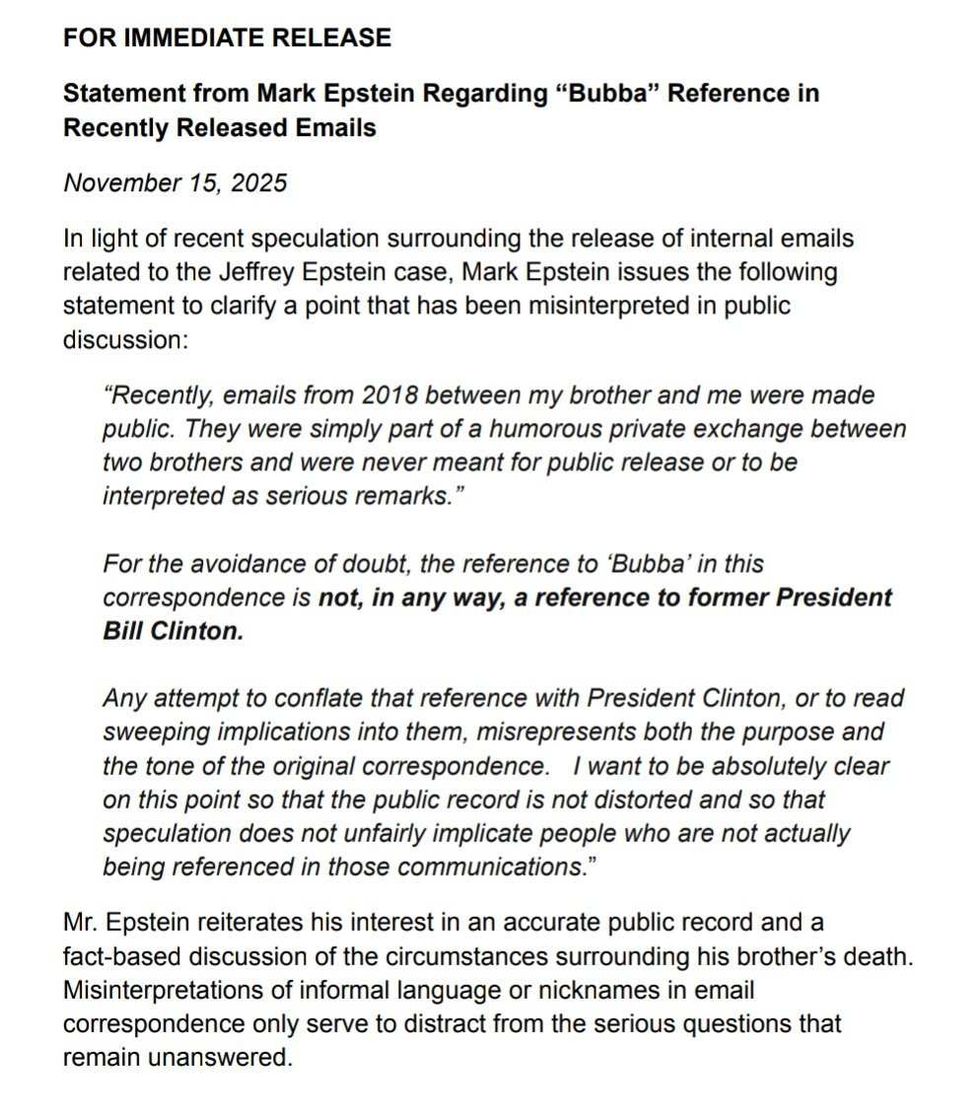 @JayShamsX
@JayShamsX